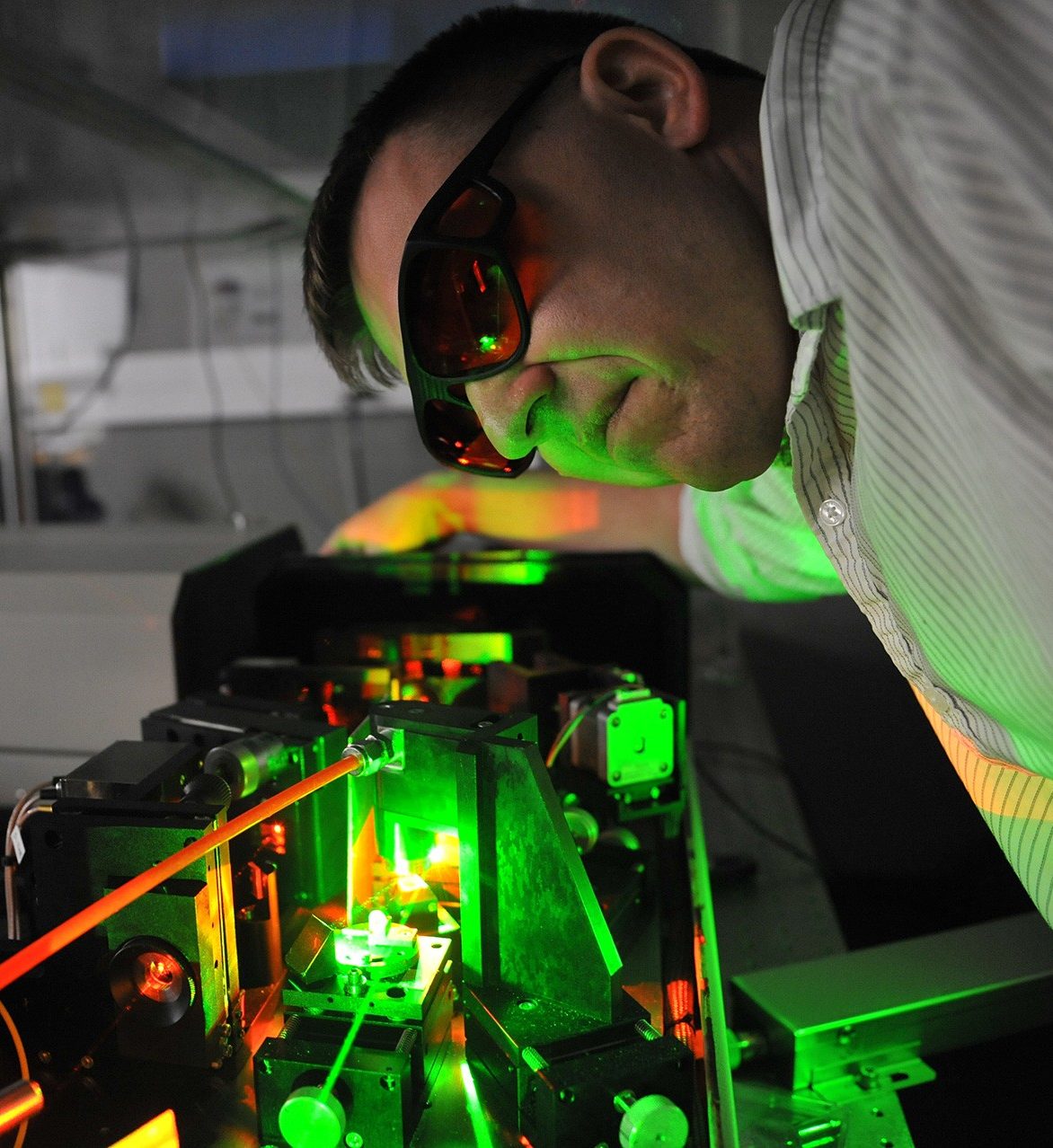
Careers with a physics degree
Studying Physics means examining how theory, experimentation and computation reveal the hidden patterns behind everything from subatomic particles to galaxies.
What can I do with my degree? Physics leads to careers in scientific research, engineering, data analysis, technology and education.
Skills you'll develop
Your degree builds more than academic knowledge, it shapes the way you think, communicate and collaborate. Throughout your studies, you'll develop key skills for your career, such as:
Functional knowledge:
Use mathematical modeling to describe physical phenomena
Communication:
Explain abstract physics principles to both technical and non-technical audiences
Management and organization:
Design and execute long-term experiments or research studies efficiently
Teamwork:
Tackle complex physics problems as a team
Critical thinking and problem solving:
Troubleshoot experimental errors or optimize theoretical models
As a Concordia student, you will develop valuable skills to bring to any career opportunity.
Beyond the classroom: build your career path
Getting involved outside of the classroom can help you discover your interests, develop new skills and build a network of peers and professionals in your field.
First year
- Explore research opportunities within the department.
- Join Concordia Undergraduate Biochemistry, Chemistry and Physics Society (CUBCAPS) or explore other clubs that interests you.
- Consider Co-op or a Career Edge internship to gain professional work experience during your program.
- Improve your language fluency in French or English through conversation practice.
- Register for the Science First-Year Experience course to get hands-on experience in a research setting.
- Browse the CAPS online job bank for opportunities to gain work experience.
Middle years
- Connect with Career Counselling & Education Transitions to plan your career path.
- Enrich your global perspective by studying abroad for an academic term.
- Check out summer program and extracurricular activities you can participate in.
- Explore funding opportunities and awards within the department.
- Attend the Colloquium series offered by the Physics department.
- Get paid work experience and tackle real-world challenges with District 3’s 12-week summer residency program.
Final year
- Browse career resources to find job opportunities and connect with leading employers.
- Prepare for grad school interviews and professional presentations with FutureBound’s storytelling and public speaking series.
- Explore leadership opportunities in the Concordia Undergraduate Biochemistry, Chemistry and Physics Society (CUBCAPS).
- Join a professional association such as the Canadian Association of Physicists.
- Network with potential employers at recruitment events and career fairs.
Specialize your studies
Minors & elective groups
You can customize your degree by adding a minor or elective group. Popular choices with this program include:
Graduate studies and certifications
Graduate studies can help you specialize in a subject you love, engage in meaningful research or open doors to new career paths. Certifications are a great way to build new skills that complement your degree.
Talk to your professors or a career counsellor at the Student Success Centre to find programs that fit your goals.
Start exploring:
- Universitystudy.ca: A data base of graduate programs in Canada
- Concordia’s School of Graduate Studies: Graduate programs offered at Concordia
- Graduate funding and awards: Scholarships and awards, research and teaching assistantships, and other financial supports for Concordia graduate students
- Concordia Continuing Education: Courses, workshops and programs to advance your career
Career exploration resources
Professional organizations
Explore opportunities and expand your network.
Job banks
Career counselling & advising
Want tailored career advice? Book an appointment with one of our career counsellors or career advisors.
Start your job search
Career Advising and Professional Success (CAPS) can help you find opportunities and support you with networking, applications and interviews.

